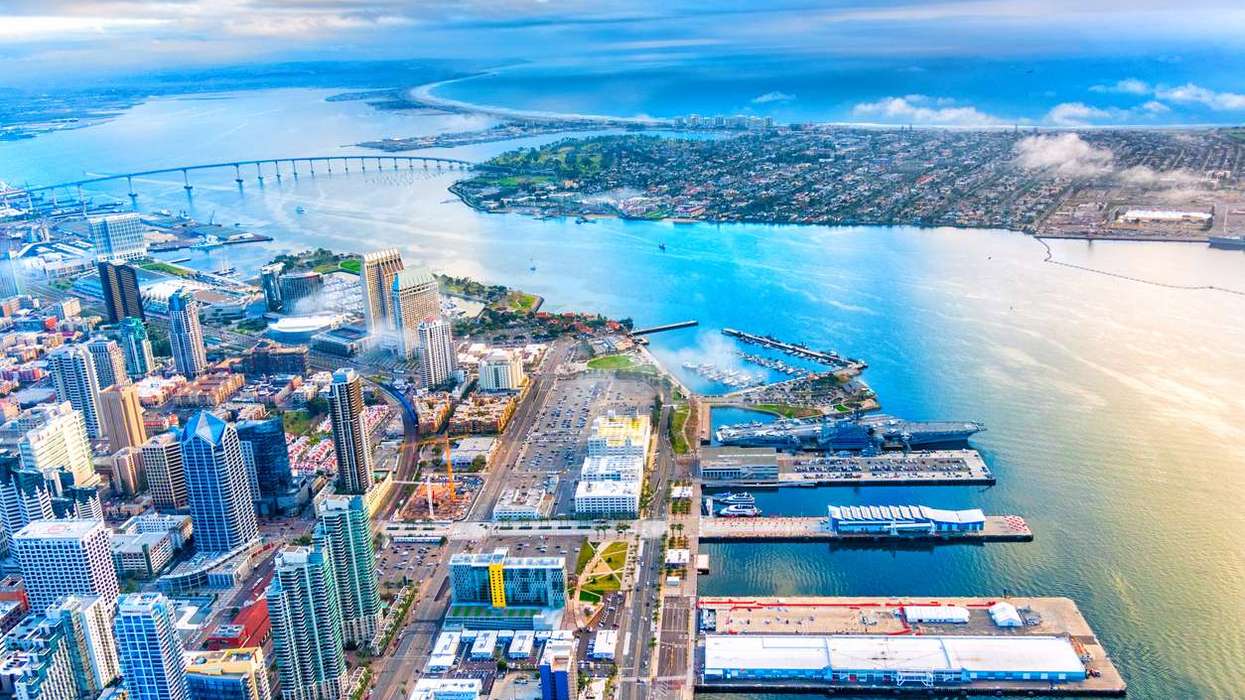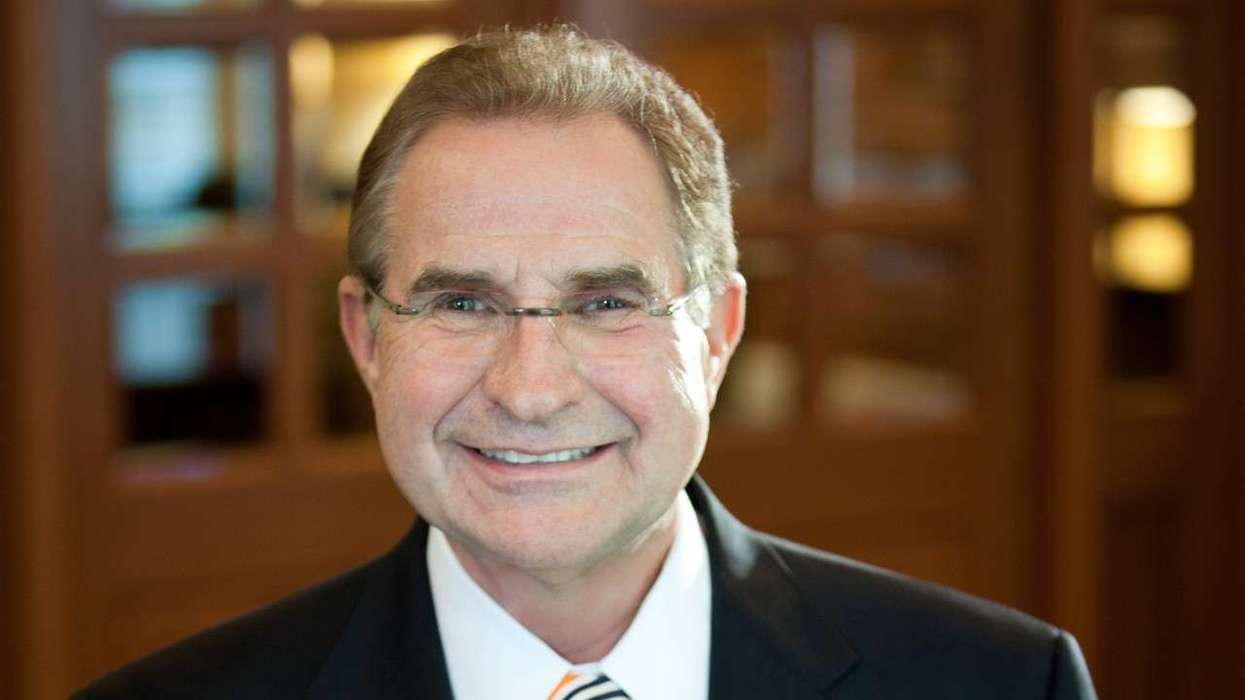THE TREPP RESEARCH firm has added two new COVID-19 pandemic recovery scenarios to its report on the commercial real estate lending market from March, when the pandemic first began. In both scenarios, the lodging sector is hardest hit by delinquency .
The modified version of the report, “Analyzing CRE Loan Defaults & Loss Rates: Serious Challenges Ahead,” predicts a cumulative default rate of 21 percent for commercial mortgages in the lodging sector for the year under its “main scenario” for the recovery. That’s the highest of all the CRE sectors.
That scenario is based on a study of 13,000 loans with an aggregate outstanding balance of $87.8 billion across sectors, including retail, office, multifamily, industrial and others.
Lodging is one of the smaller parts of the total, making up 7 percent, but along with office it includes some of the larger loans, higher average and median sizes. The report lists some of the factors affecting the market.
“Travel and tourism are down sharply from pre-pandemic levels and hotels are expected to post significant declines in occupancy and revenue. International air travel is down more than 98 percent and US domestic air travel is down nearly 90 percent from last year, as per the IATA,” the report said. “According to STR, U.S. hotel occupancy was 46.2 percent in the last week of June, down 38.7 percent from the same period last year. And RevPAR is off 56.5 percent from last year.”
The report’s main forecast scenario predicts higher default and loss rates across the spectrum, but especially the lodging and retail sectors.
“The default rate for lodging loans will rise sharply, reaching a peak of 6.1 percent by the end of 2020. As stronger economic and market conditions take hold in 2021, the default rate will decline, falling below 1 percent by the end of 2021,” the report said. “For lodging loans, the cumulative default rate is expected to be 21.3 percent, translating into cumulative losses of 6.7 percent.”
Even under the report’s more optimistic second scenario, lodging will be hardest hit.
“It is possible that the economic recovery will proceed at a rapid and sustained pace. Under this scenario, the defaults and losses will be much less severe, peaking for all property types in the second quarter of 2020,” the report said. “Lodging defaults peak at 0.9 percent in the second quarter, fall further to the 0.5 percent to 0.6 percent range during 2021, then fall to minimal levels by late 2021.”
In either case, hard times, and more delinquency, do lie ahead.
“It seems impossible to escape the conclusion that defaults, and losses will rise across the commercial real estate industry,” the report concludes. “The most obvious and severe impacts are in the lodging and retail sectors, which have already experienced significant declines in activity in the last few months.”
In June, Trepp reported a delinquency rate of 7.15 percent in May for commercial mortgage backed securities loans in the lodging sector, up from 2.29 percent in April. It was the largest jump in delinquencies since the firm began tracking the metric in 2009.





